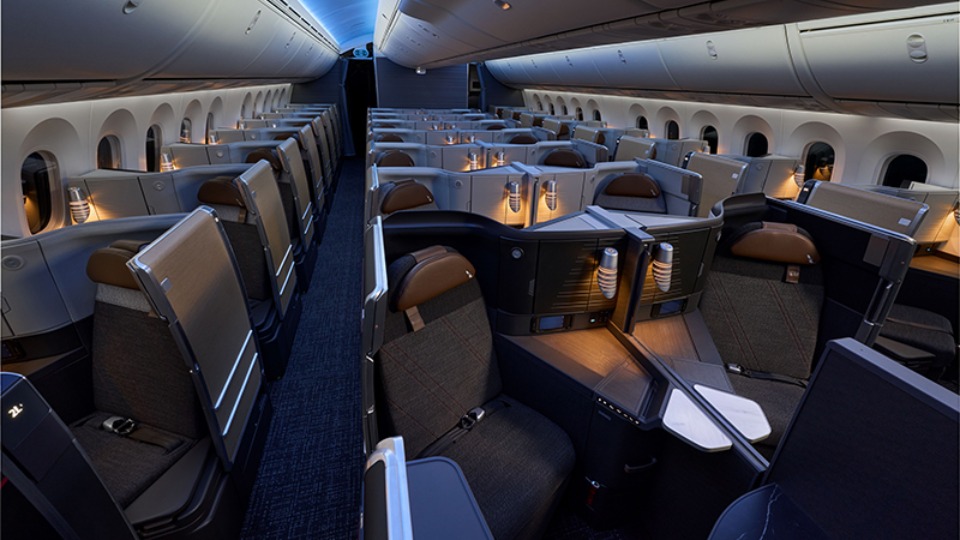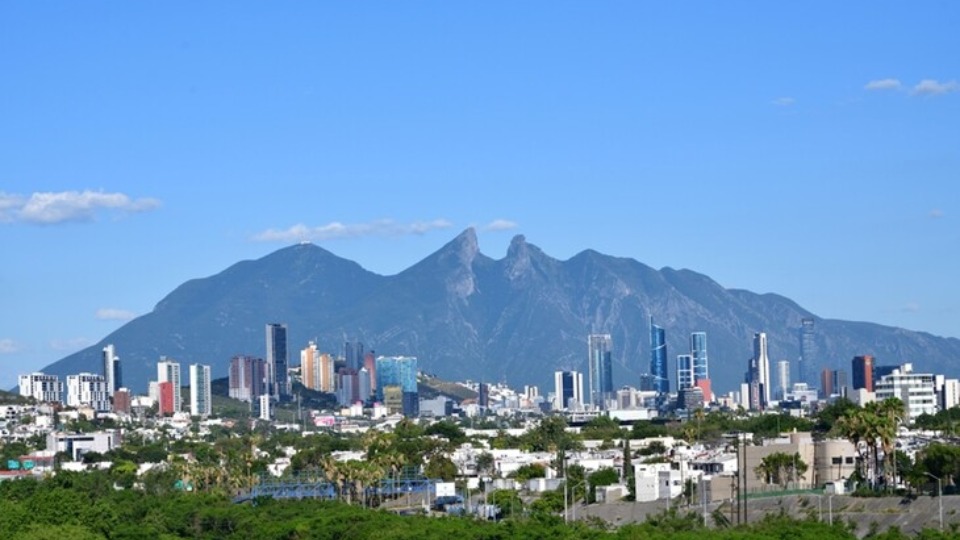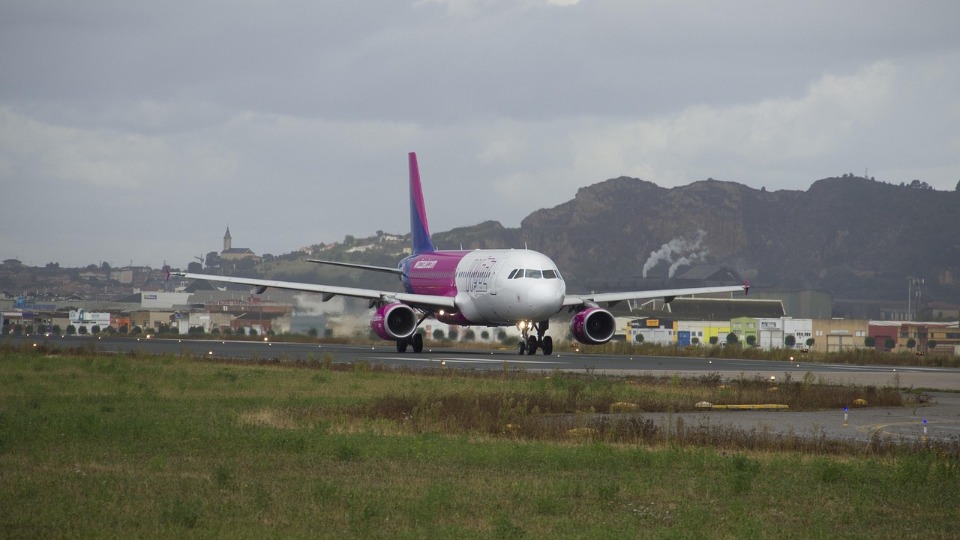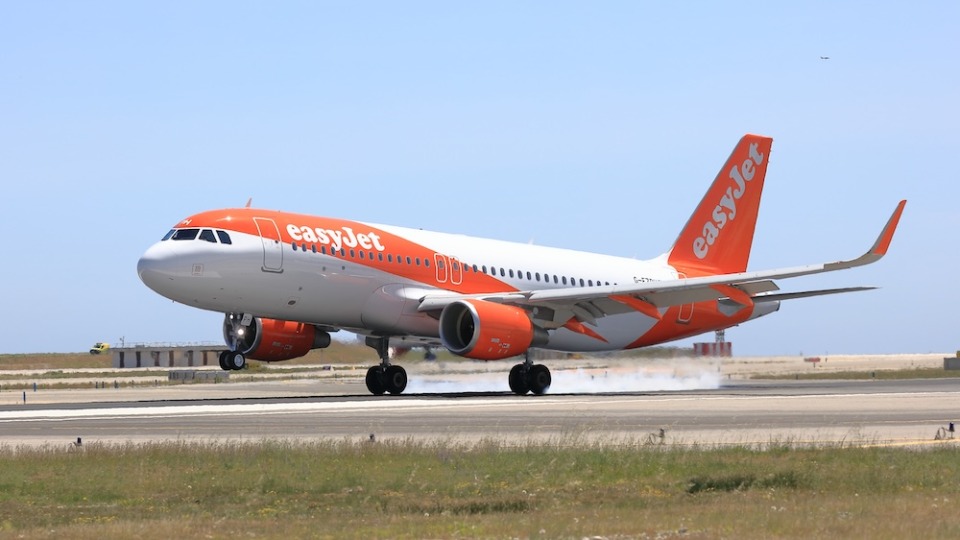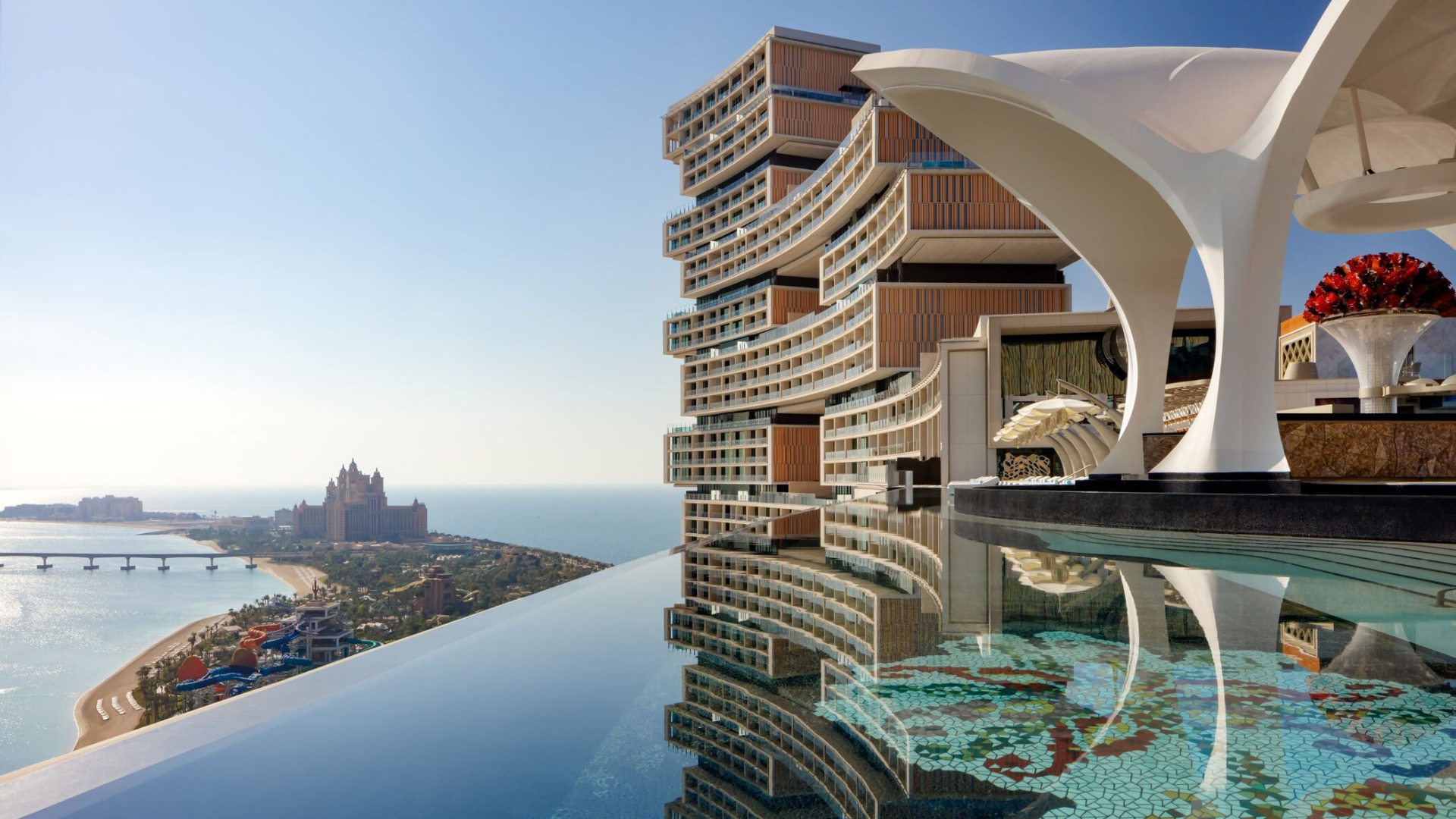
Discover The United Arab Emirates' Eco-Friendly Hotel Industry

With Cop28 fast approaching, hotels and resorts around the nation are making sustainability a top priority.
As the countdown to Cop28 nears its end, all eyes will be on the United Arab Emirates and its dazzling array of five-star hotels.
But whilst the hotel business has always garnered the wonder and respect of vacationers, it is under an increasing degree of criticism for its huge carbon impact.
Sustainable Travel International, which partners with governments, corporations, and organizations to promote sustainable tourism, reports that the tourism industry is responsible for 8% of global carbon emissions. The transportation sector is primarily responsible for these emissions (49%), while the hotel sector is responsible for 6%. Worldwide, a single hotel is responsible for an estimated 289,700 tons of garbage annually, not counting the 79,000 tonnes of food waste.
According to Abdulla bin Touq Al Marri, Minister of Economy and Head of the Emirates Tourism Council, the UAE welcomed over 16 million visitors throughout its 1,224 hotels in the first seven months of 2023 and there has to be a tremendous push to make tourism sustainable, while hotels in the area are increasingly supporting such efforts.
Hydroponic farms, electric vehicle charging stations, and e-butlers are just a few of the new technologies that are sweeping the business world.
Marriott International's annual Travel Trends Research survey for the United Arab Emirates and Saudi Arabia indicated that eco-friendliness is now a major consideration for getaways in both countries. Eighty-five percent of those polled in the United Arab Emirates (UAE) indicated environmental factors influence their decisions, while eighty percent in Saudi Arabia made a similar claim.
Marriott has 75 locations in the UAE, with 63,790 current rooms and 52,790 projected by 2030. To ensure it is fulfilling the standards of eco-conscious visitors, the company has introduced a number of programs, including ones relating to water conservation, renewable energy, food waste, and solidarity. This also incorporates transforming steaming air into potable water.
The chief operating officer for Marriott International in the Middle East, Sandeep Walia, explains that the Delta Dubai Investment Park is collaborating with a business to convert the humidity in the air into clean drinking water for guests. Starting in January, the AirOWater system will produce between 500 and 1,000 liters of water each day. Two Atmospheric Water Generators from AirOWater are now installed in the hotel, providing for 100% of the hotel's water requirements.
Moreover, working along with Swiss water provider BE WTR, the group hopes to eliminate 1,000 metric tons of plastic annually, the equivalent of 1.5 million plastic water bottles.
Last year, a similar program was introduced at The Abu Dhabi Edition, with the ability to generate 500 bottles of still and sparkling water every day in 500ml and one-liter quantities.
At the same time, water in guest rooms and the hotel spa at the Marriott Resort Palm Jumeirah is heated by arrays of solar panels, with additional boosts given by a heat pump, which in turn provides chilled water that is utilized for the air conditioning.
Walia also places a premium on reducing food waste. The Ritz-Carlton Dubai, JBR built a vertical hydroponic field in May of last year, which can produce crops year-round, using 90 percent fewer resources than conventional farming methods, and producing up to 10 kilograms of fresh produce daily.
Plans call for a second vertical farm to be installed at The Ritz-Carlton Abu Dhabi, Grand Canal, with daily yields of 12 kg. The Ritz-Carlton Ras Al Khaimah, Al Wadi Desert composts up to 181 kg of food waste per month.
With the help of Etihad Airways, the company has planted a mangrove forest on the Abu Dhabi shore, encompassing 150 square kilometers and with the lofty goal of preserving 6.4 billion tons of carbon dioxide.
Plans for artificial intelligence monitoring turtles and electronic butlers
Jumeirah Hotels & Resorts, a UAE-based company with 13 hotels, is committed to addressing the problem of striking a balance between luxury and environmental responsibility via a number of current and planned projects.
While raising awareness about biodiversity and plastic waste, the Turtle Rehabilitation Project has reintroduced over 2,100 turtles back into the ocean since 2004. According to Bryanne Tait, group senior director of sustainability at Jumeirah Group, the hospitality sector has a key role to play in encouraging ethical tourism.
Water bottling facilities and water filtering systems have been installed at Jumeirah, much as those at Marriott, to provide guests with clean, reusable water bottles, diverting up to nine million disposable water bottles from becoming waste each year. The business has introduced an AI monitoring system throughout its hotels to reduce food wastage, and in the last year, the Jumeirah Zabeel Saray alone has reduced its spoilage by 20 tons, which is the equivalent of saving 50,000 meals. The technology provides a means to monitor and assess food waste, allowing kitchen staff to make necessary adjustments. This is garbage that would otherwise be released into the atmosphere as methane, which has a 25 times greater effect on the climate than carbon dioxide.
Even more ambitious goals have been set for the future of the company. More digital solutions like paperless check-in, virtual keys, and e-butlers, as well as management systems to improve energy efficiency are currently being implemented. E-butlers function as a virtual concierge, connecting guests with Jumeirah's staff via instant messaging for services like ordering room service and making spa appointments.
Waste reduction strategies for plastic and food
Accor manages 68 hotels in the UAE, with a total of 71,820 rooms and an additional 49,510 on the way by 2030. Some examples of eco-friendly lodgings in the area are the Hyde Hotel in Dubai and the Fairmont Bab Al Bahr in Abu Dhabi. The company has made a worldwide pledge to become carbon neutral by 2050 and to ban single-use plastics in public spaces by the end of this year.
According to Paul Stevens, the group additionally employs AI to track and cut down on food waste. Over fifty percent of the UAE portfolio has already secured this, and the rest of the hotels are in the process of establishing an exact food waste baseline.
Hilton has also stated attempts to cut its managed hotel's carbon emissions by 75% and its franchised hotel's by 56% by the year 2030. The Green Breakfast program was launched in the United Arab Emirates, where the hospitality business operates dozens of hotels, in partnership with the United Nations (UN), Winnow, and ne'ma (The UAE National Food Loss and Waste program), with the goal of reducing food waste during breakfast service.
Hilton's Green Ramadan campaign, which ran in the United Arab Emirates, Saudi Arabia, and Qatar, was so successful that it prompted the new initiative. As a result, post-consumer food waste was cut by 61%. Starting in August, participating hotels installed production and plate waste systems, where baseline data was gathered and will be revised throughout the month as the trial project progresses.
Hilton claims to have cut its carbon output by 44% between 2008 and now, and it plans to construct up to 20,000 EV charging stations throughout its portfolio by 2025.
source: thenationalnews.com



